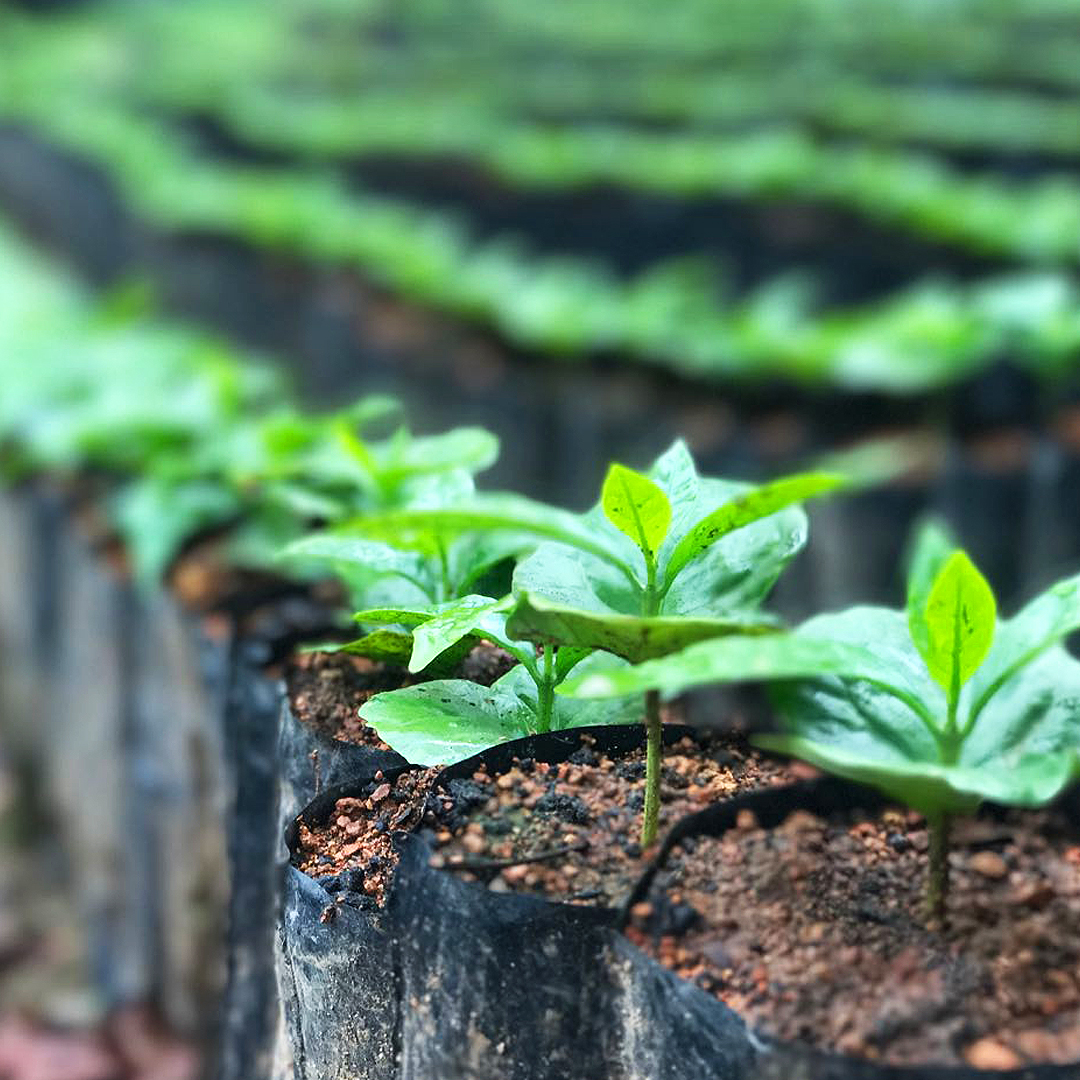
Few coffee-producing countries go the extra mile to protect their agricultural workforce like Costa Rica does. After a violent civil war in 1948, the newly-formed Constitutional Assembly abolished the military. This move reallocated Costa Rica’s budget to medical care and education, propelling the country into a period of peace and growth to this day. “Costa Rica had a solidified universal…
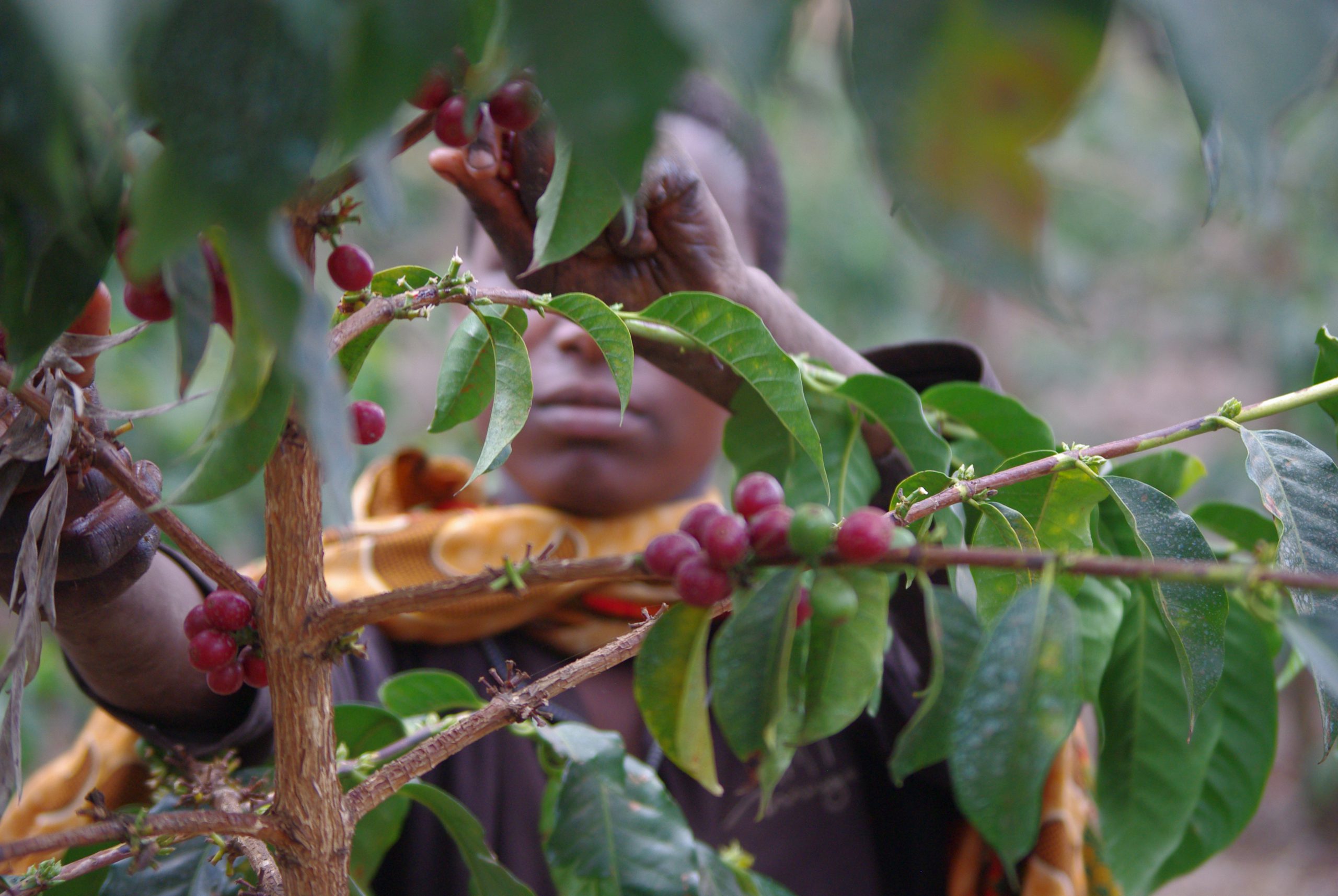
Tanzania is one of the largest countries in Africa by area and Arabica coffee production is around 650,000 bags (over 85 million pounds) per year - as much as its better-known neighbor, Kenya. However, the Tanzania has long been in the shadow of the countries it borders. In the past, Tanzania coffee was collectively branded as “Kilimanjaro coffee” abroad, regardless of…
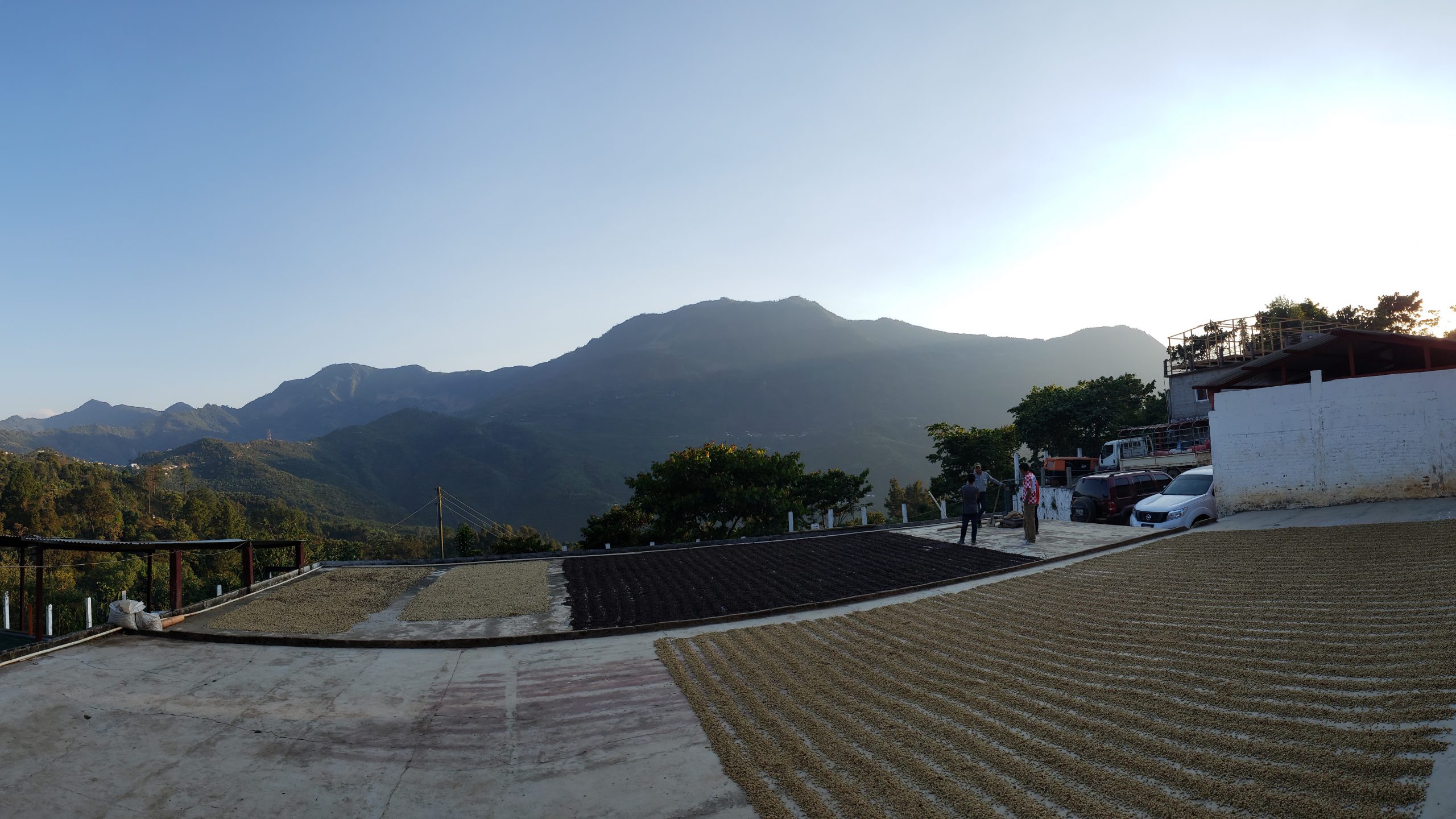
Patios drying coffee Guatemala The 2021 harvest season in Guatemala came to a close earlier this year with some hurricane-induced delays, but also with exciting improvements in yield and cup quality. We received an update from our sister company, Volcafe Guatemala, about what they’ve been experiencing on the ground recently. Guatemala Green Coffee Harvest 2021 Last year, Guatemala was hit by…
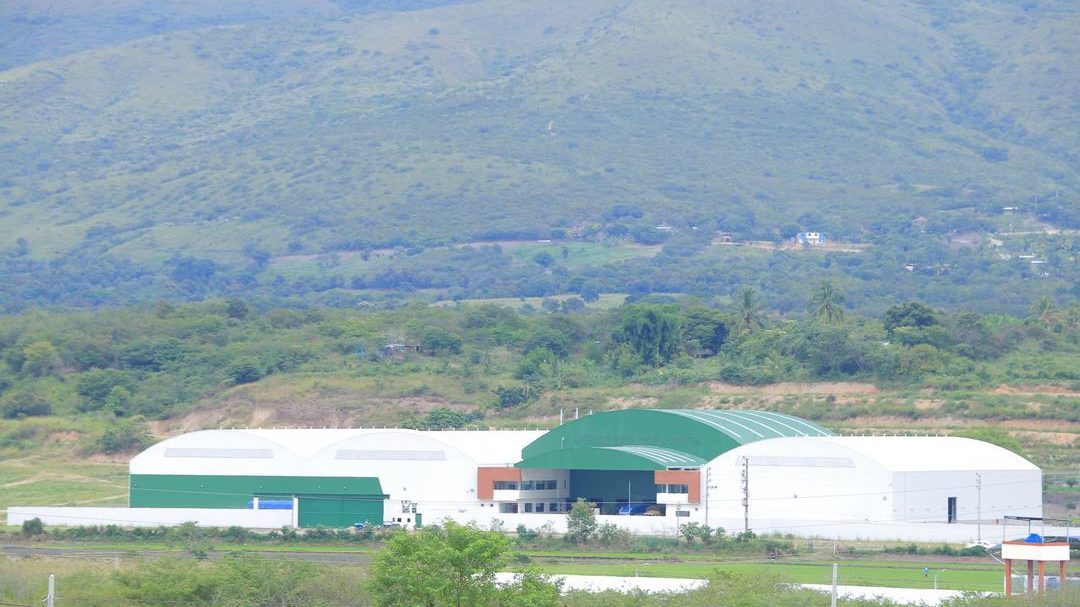
Procesadora del Sur, Genuine Origin's sister company in Peru, is celebrating the first anniversary of its new green coffee mill in Jaén, in the Cajamarca coffee region in northern Peru. The dry mill processes coffee for thousands of individual producers. At full capacity the mill can turn out nearly 7000 bags of green coffee beans per week. We talked to Javier Chávez (pictured…
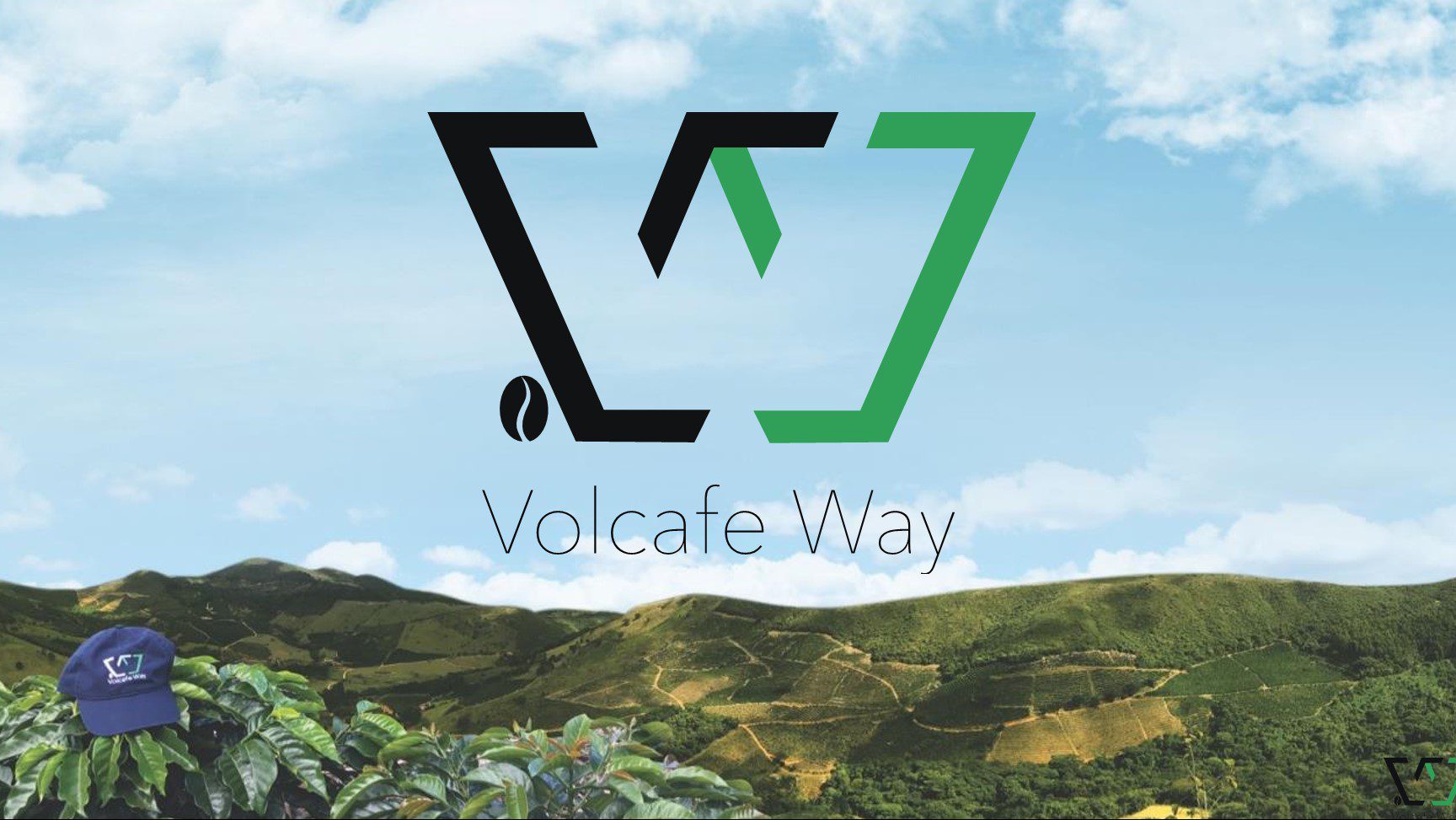
The Volcafe Way is the global farm sustainability arm of Volcafe (Genuine Origin's parent company). With hundreds of field technicians worldwide, Volcafe Way is helping thousands of farmers improve their production and move toward sustainable profitability. In this webinar, Genuine Origin takes an in depth look at the history of Volcafe Way and the results in Volcafe Way's 2019 Annual…
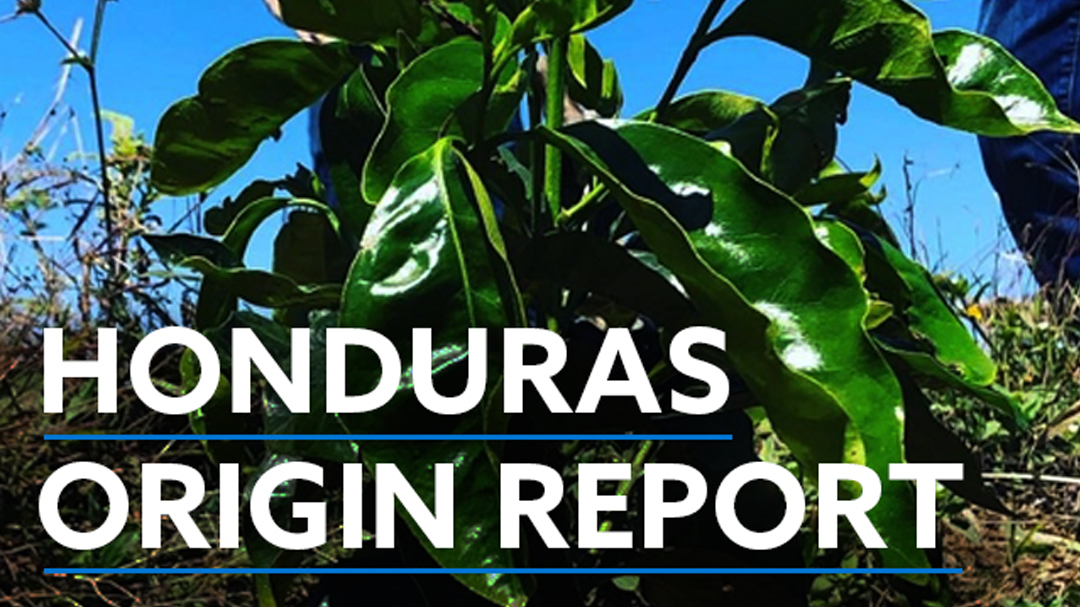
Honduras is a small Central American country with its share of problems. The World Bank estimates that in rural areas 20% of Hondurans earn less than $1.90 per day. Country-wide, roads are sub-optimal; many Honduras coffee farms are accessible only via dirt roads that snake up along mountainsides. Despite these factors, entrepreneurial specialty coffee producers in Honduras are working toward…
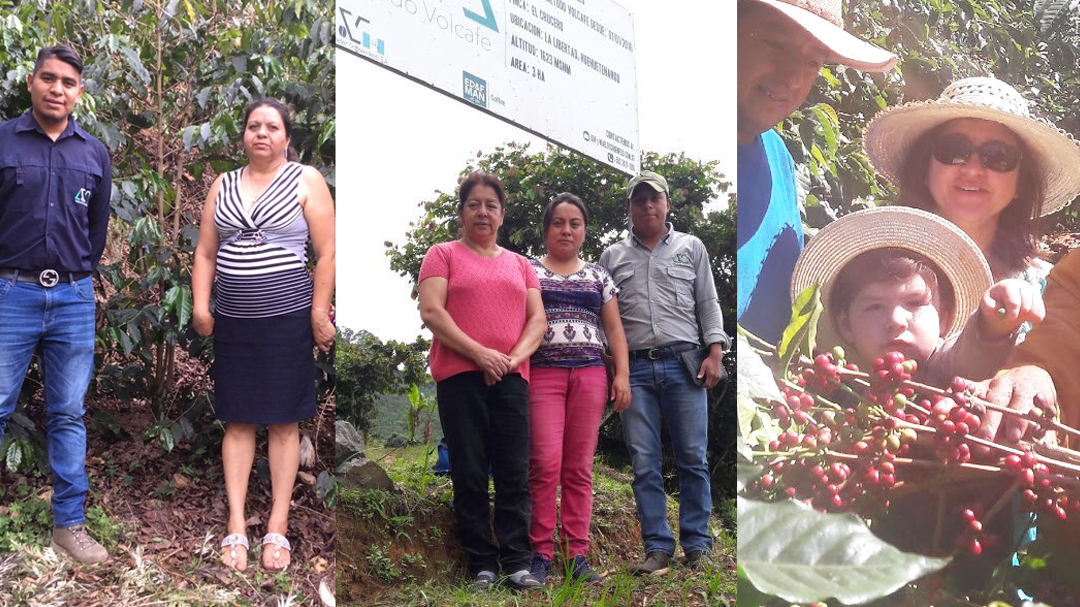
In 2017 we were determined to help female coffee producers, so we reached out to the International Women’s Coffee Alliance. We invited Women coffee producers who were part of the IWCA in Guatemala to send samples of their best lots and we selected three of our favorites to feature in our inagural offering of La Morena Reserve. They were from…
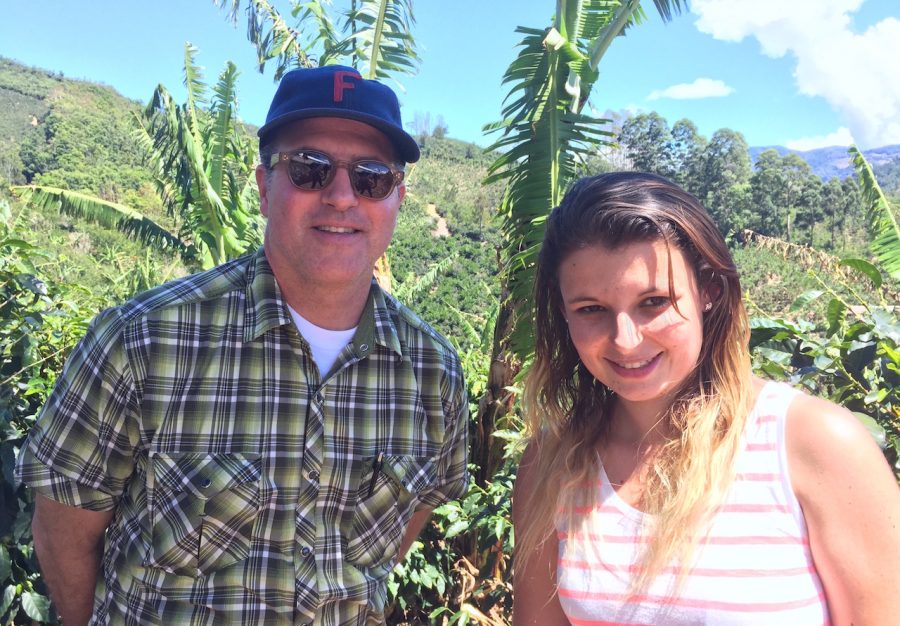
Riley Thomson, head of the Volcafe Way program in Costa Rica, recently interviewed Carol Mata Gutierrez, a coffee producer in Tarrazú, about how coffee farming has changed — and what she hopes more producers will come to understand. In addition to agronomy strategies, a major focus of Volcafe Way is sharing business best practices with producers — a message that resonates with Carol, who has a…
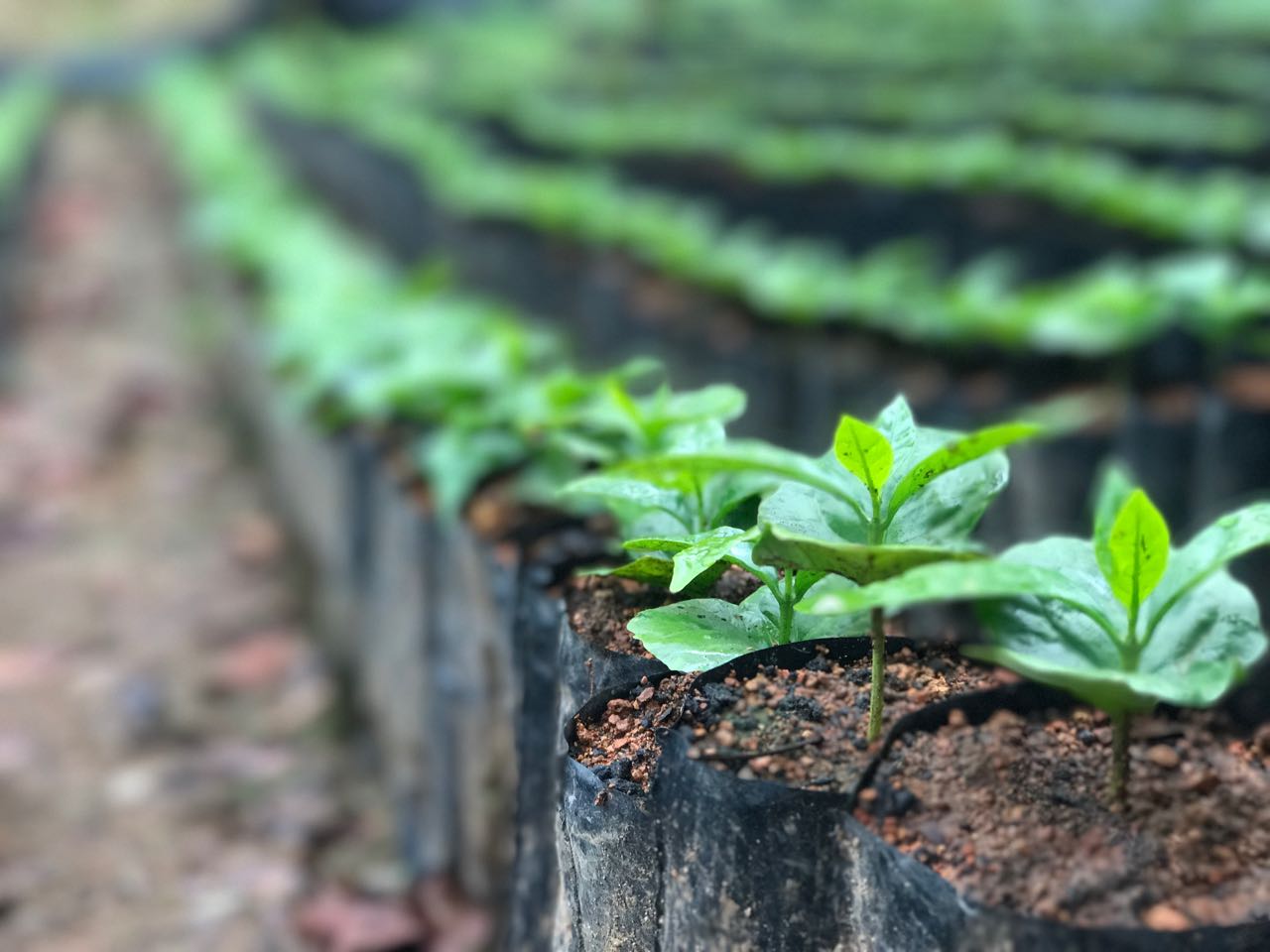
Riley Thomson, head of the Volcafe Way program in Costa Rica, spoke recently with Victor Hugo Sanchez Fonseca, a coffee producer in Perez Zeledon, about how coffee growing has changed and why he joined the Volcafe Way program. Good afternoon, Don Victor Hugo. What is the size of your farm? Good afternoon, the size of the farm is 4.5 hectares. I currently have coffee…
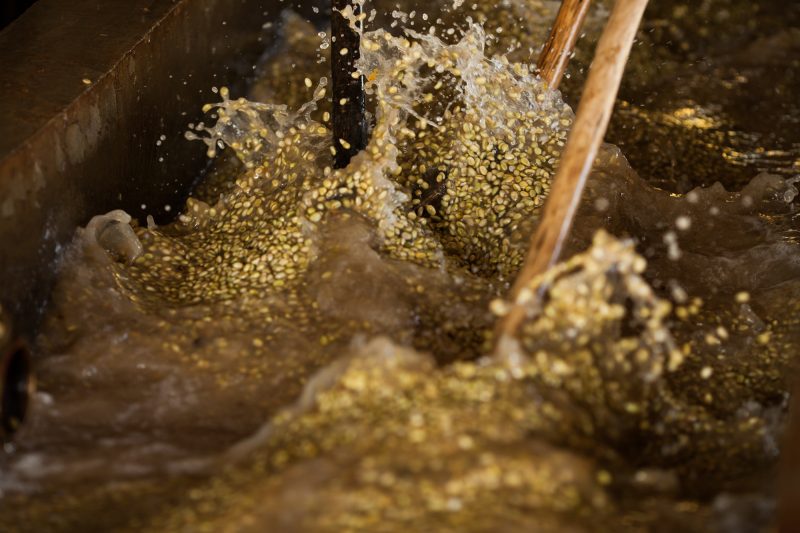
As coffees from Ethiopia arrive in the store — three washed and three natural — our head of content spoke with Bruck Fikru, general manager of Volcafe’s operation in Addis Ababa (Volcafe is Genuine Origin’s parent company). They discussed both how coffee works in Ethiopia and how — though there isn’t yet a Volcafe Way team in place there, due to the…
Featured Roaster
We talk to Adrian about his favorite brewing tips and get his secret for a tasty homebrew
Decaffeinating

The process of removing caffeine from green, unroasted coffee beans using direct or indirect chemical solvent exposure, liquid carbon dioxide in a high-pressure chamber, or water alone (the Swiss method).
